Pray with India, August 25, 2024
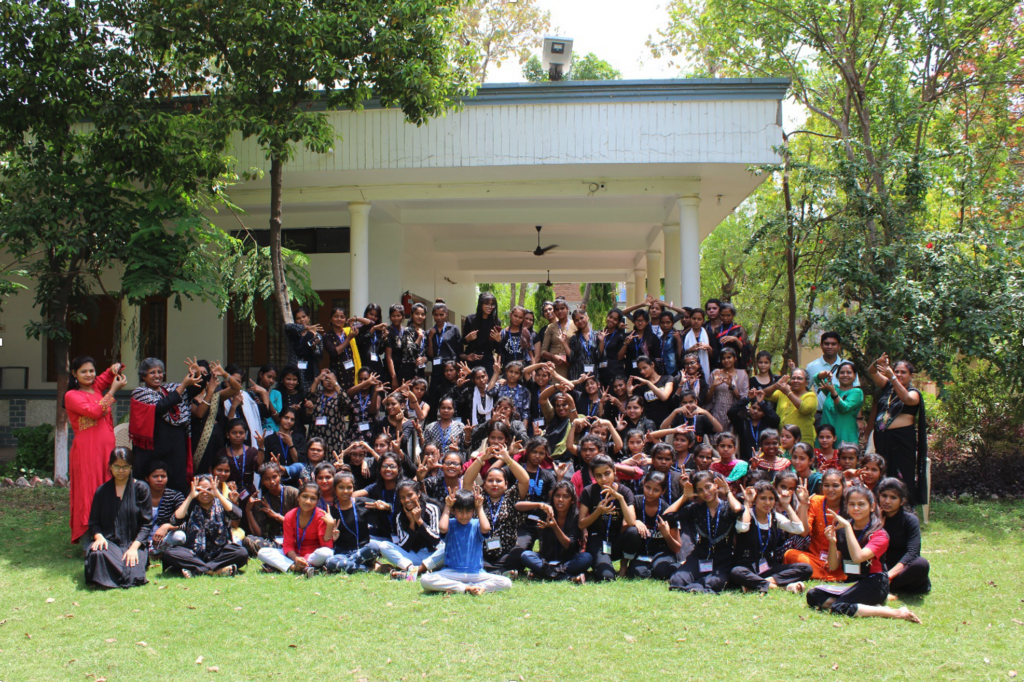
Lectionary Selection: Psalm 84
Prayers for India
Oh God, as we pray with our siblings in India, our eternal longing and hope is that the entire world be your dwelling place, a world that overflows with your justice, love, and righteousness. We remember all those who go through the valley of Baca, the valley of lamentations. All those who constantly weep due to various forms of exclusions and exploitations they are forced to suffer in their daily lives. We confess our own sins for the ease with which we consider the order of the world that produces and sustains these valleys of weeping as given and normal. We confess our sin of considering ourselves not to constitute or contribute to the production of this world either through our silent consent or by our lack of righteous contestation. Amidst these valleys of weeping, we plead that you envelop us with thy grace that we may heed your call to follow you, and you alone, and thus to renew our commitment to work toward making the sites of suffering into the places of springs and pools that comfort, nourish, and nurture new modes of becoming human.
We thank you for the witness of countless institutions like the Center for Social Equity and Inclusion that testify to the possibilities of abundant life even in the midst of the valleys of weeping. Strengthen and magnify such institutions here in the US, in India, and across the world so that the world may have a foretaste of thy Kingdom that is already here among us. As the Psalmist says, you are the sun and shield, and we pray that you bestow and cloth all who pursue the ways of your kingdom with thy favor and honor. In Jesus’ name, we pray. Amen!
Prayer written by Dr. Sarosh Koshy, Global Relations Minister, Southern Asia.
Mission Moment from India
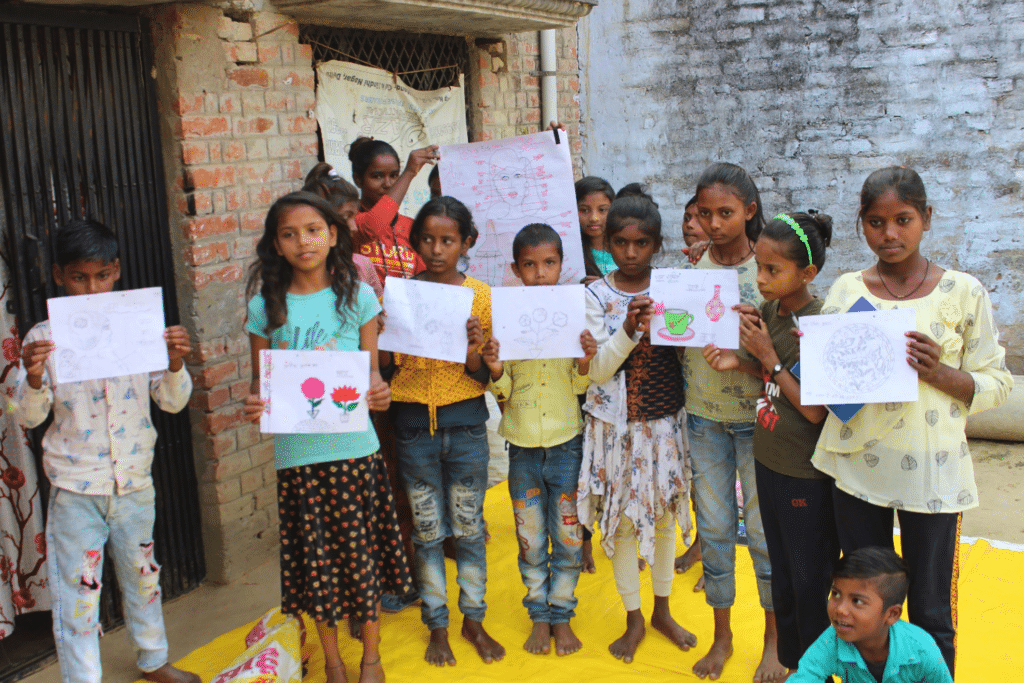
The Centre for Social Equity and Inclusion ‘envisions a just and inclusive society where every human being has equal opportunities, equitable resources, and adequate capabilities to harness their potential, realize their rights, and fulfill responsibilities to live in fellowship, dignity, and liberty.’ In 2009, CSEI was initiated to build creative spaces, expand opportunities, and enhance the skills of youth from marginalized communities to access their rights and play a due role in society.
Unequal quality of education and discrimination in opportunities are key to maintaining large sections of the Indian population vulnerable and in poor development indicators. Young people from Dalit, Tribal, Minority, and other marginalized communities remain out of schools/colleges and enter the vicious cycle of poor technical and life skills, unemployment, migration, and poverty. 38% of Scheduled Tribe and 33% of Scheduled Caste children drop out of school in 9-10 classes compared to 12.6% at the national level[1]. 32.6% of 18-year-olds are out of school. Among the 14-18- 18-year-olds, only 57.3% can read sentences in English, and 73.5% of those who can read can tell their meaning. Only 50% can perform common mathematical calculations. 43.7% of males are likely to have a smartphone, compared to 19.8% of females[2].
CSEI believes that promoting quality education and 21st-century skills for young people can empower them and their communities and contribute to national development. Girls from these communities face multiple challenges, such as low worth and value in family, barriers to mobility, household burdens, high dropout from education, early marriages, and negligible opportunities to enhance their personality, leadership, or learning. Since the pandemic, CSEI has laid special emphasis on adolescent girls from these communities through the Girl’s Learning and Leadership Programme (GLLP).
The GLLP enrolls girl champions (GCs) and Shiksha Sarthi (education fellows), who are trained and further organize peer group members to promote social equity, inclusion, constitutional and legal literacy, sensitivity to gender, sexuality, and adolescence, governance, and other relevant social information.
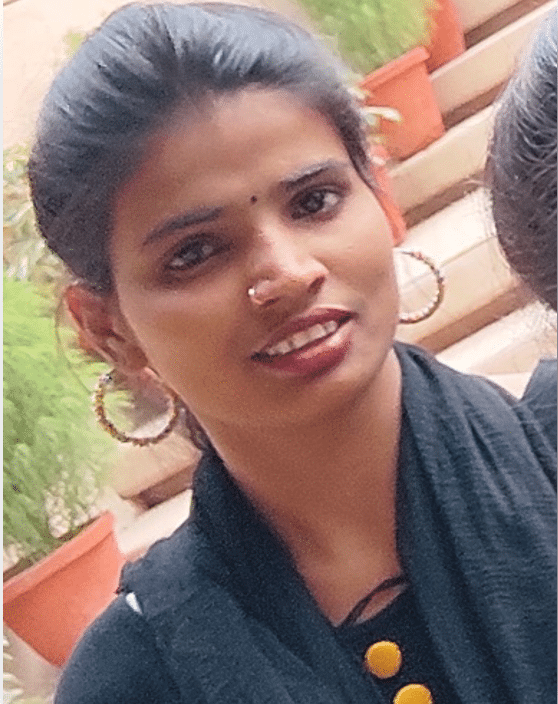
Ishrat Khatoon, Begusarai, Bihar: My grandfather calls me his ‘lioness granddaughter.’ I water the farm, graze goats, and even transport 50 kilograms of potatoes from the farm to our home. People call me ‘my father’s son.’ My family and I forgot that I needed to go to school and infrequently attended the local Madersa[3]. So, I joined the school in class 9. I was thoroughly embarrassed as I could not understand what was going on. But my interest in learning was awakened. I sought the help of the smallest-looking boy in class, and he helped me cope with what I missed out till class 8. Thanks to his support, I completed matriculation with a first division, the first girl to complete matriculation in our Muslim tola (small village or locality). Soon after, my father fell ill with cancer, and I thought I would not be able to continue my studies. I came to know about the Malala Champion program initiated by CSEI. I have completed the Malala journey of 18 months, and now, more than ever, I’m determined to continue my studies and train as a nurse in the healthcare sector.
To respond to children’s poor school performance, CSEI began building curriculum modules in English, Math, Science, Digital, and Life Skills to support first-generation learners in effectively completing schooling at class 10.
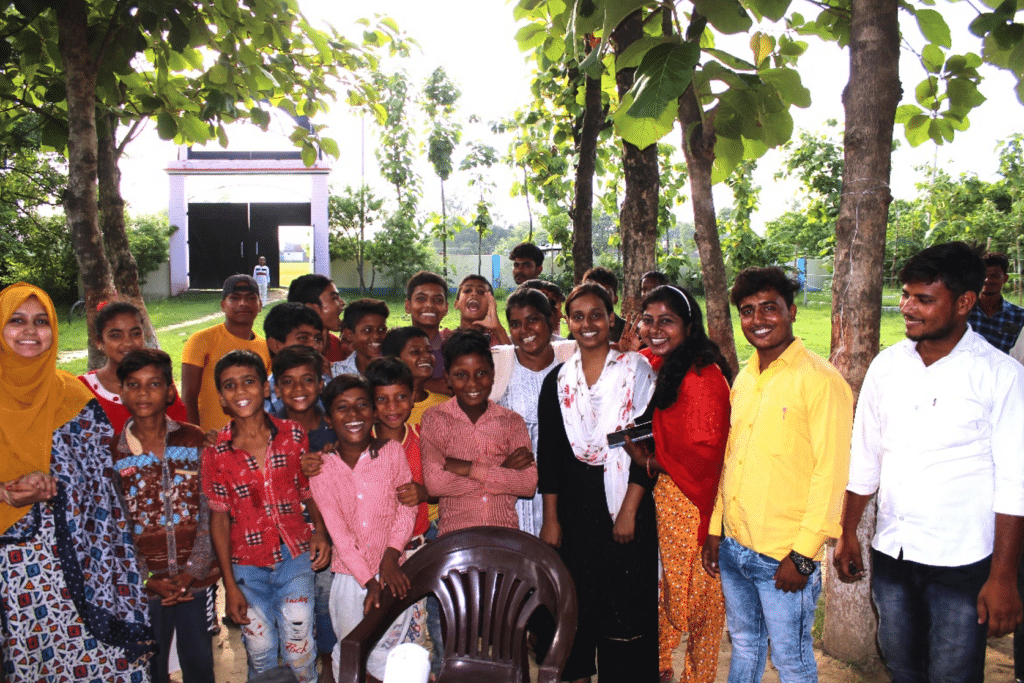
Our Math and Science curricula development was initiated with support from Global Ministries. We are currently evolving this into a social enterprise model that provides dignified career engagement for educated youth in these communities while also filling a critical gap in children’s education and community empowerment.
Sidharth, Gabbapur village, Shravasti in UP: “People in my village live on agricultural labour, migrant labour, and many have fallen to alcoholism. Parents do not recognize the value of educating their children. I had to go out of my village to complete my schooling as the environment in my village does not motivate any child to study”[4]. Having completed 12th grade, he returned to his village to set up a free learning center for children in his village. He also became a Math fellow with CSEI and has organized learning sessions in the local government school for classes 6, 7, and 8. In one year, 60 children additionally attended the school as they found him compassionate, competent, and concerned about their learning.
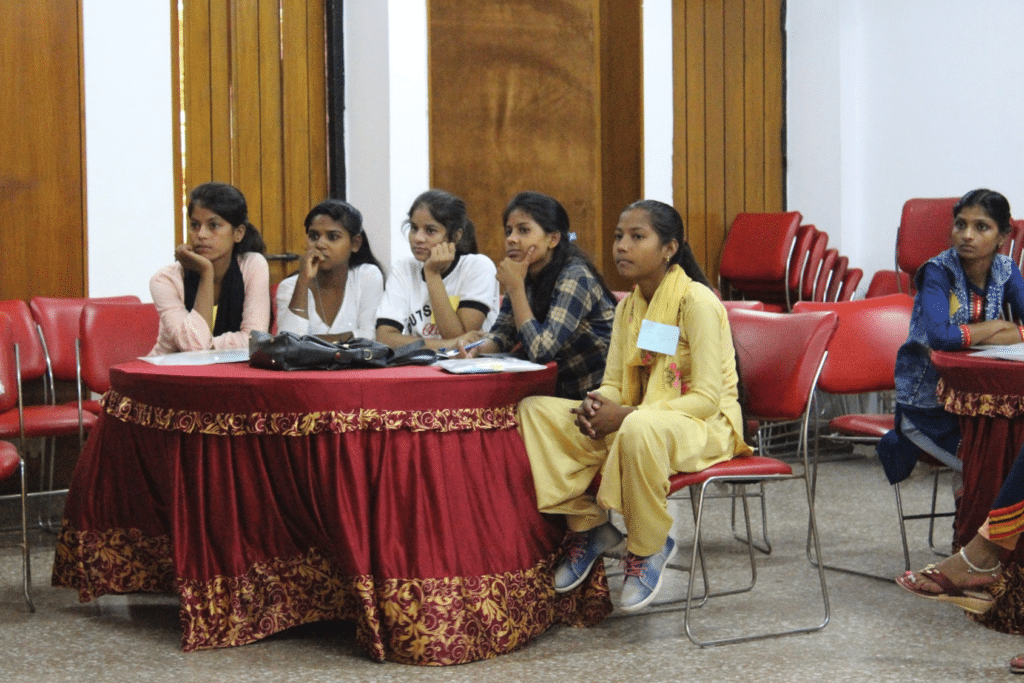
Since 2020, CSEI has trained:
- 60 Girl Champions, who further created a gender-sensitive learning environment for 1200 peer group girls across 60 habitations during the pandemic, busting isolation, depression, and fear.
- 90 Girl Champions who reached out to 1000+ peer group members to build foundational English language and life skills in 90 habitations.
- 11 Math fellows who supported 1500 children in classes 6-8 reduced their fear of Math and facilitated the clarity of foundational concepts across 11 schools in Bihar and UP.
- Organized Science melas (festivals) in 60 habitations discussing health, hygiene, nutrition, safe drinking water, water conservation, and skills to measure – building interest among children in electricity, light, magnetism, and many other science concepts through activities to interest them.
We are currently evolving a ‘social enterprise model’[5] for scaling up and sustaining these efforts by equipping educated youth from these communities to set up community learning centers. This will create a world where all children will have equitable opportunities to learn and lead in building themselves, their community, and the nation at large.
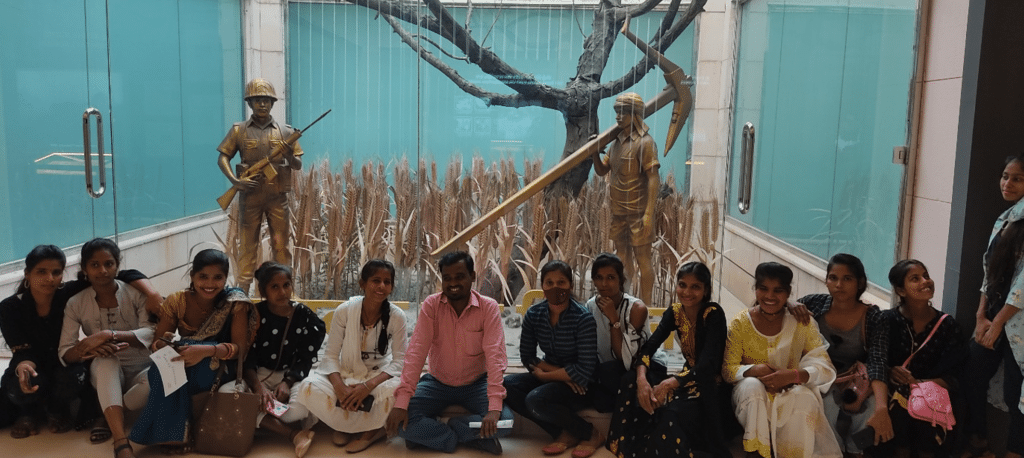
Mission Moment written by Ms. Annie Namala,
director of the Center for Social Equity and Inclusion (CSEI).
[1] https://educationforallinindia.com/dropout-rates-in-schools-in-india/ dt 4.4.2024. Scheduled tribes and castes are a government of India designation for the most disadvantageous sections of the Indian population due to the exclusion they face in the context of the social hierarchy of the caste system.
[2] https://asercentre.org/aser-2023-beyond-basics/ – ASER 2023 report
[3] School run by Muslims to primarily provide religious education.
[4] The literacy rate of the village is 35.52% against national average of 74.04% (Census 2011). That among females is 26.79%. Bhinga, the nearest town for major economic activity, is approximately 25 KM away.
[5] Social enterprises are entrepreneurial activities that promote specific social and economic goals.
Partners in India
- Center for Social Equity and Inclusion (CSEI)
- Student Christian Movement of India
- Christian Medical College, Ludhiana
- Christian Medical College, Vellore
- Christian Medical Association of India (CMAI)
- Pravaham, Vellore
- Tamilnadu Theological Seminary
- Lady Doak College
- Private: Henry Martyn Institute
- Family Village Farm and King’s Matriculation
- Deep Griha Society, Pune
- Darjeeling Tibetan Refugee Center and Tibetan Children’s Village
- Church’s Auxiliary for Social Action (CASA)
- Church of South India (CSI)
- Church of North India (CNI)
- United Theological College, Bangalore
Make a gift to support the work of the Center for Social Equity and Inclusion (CSEI)
